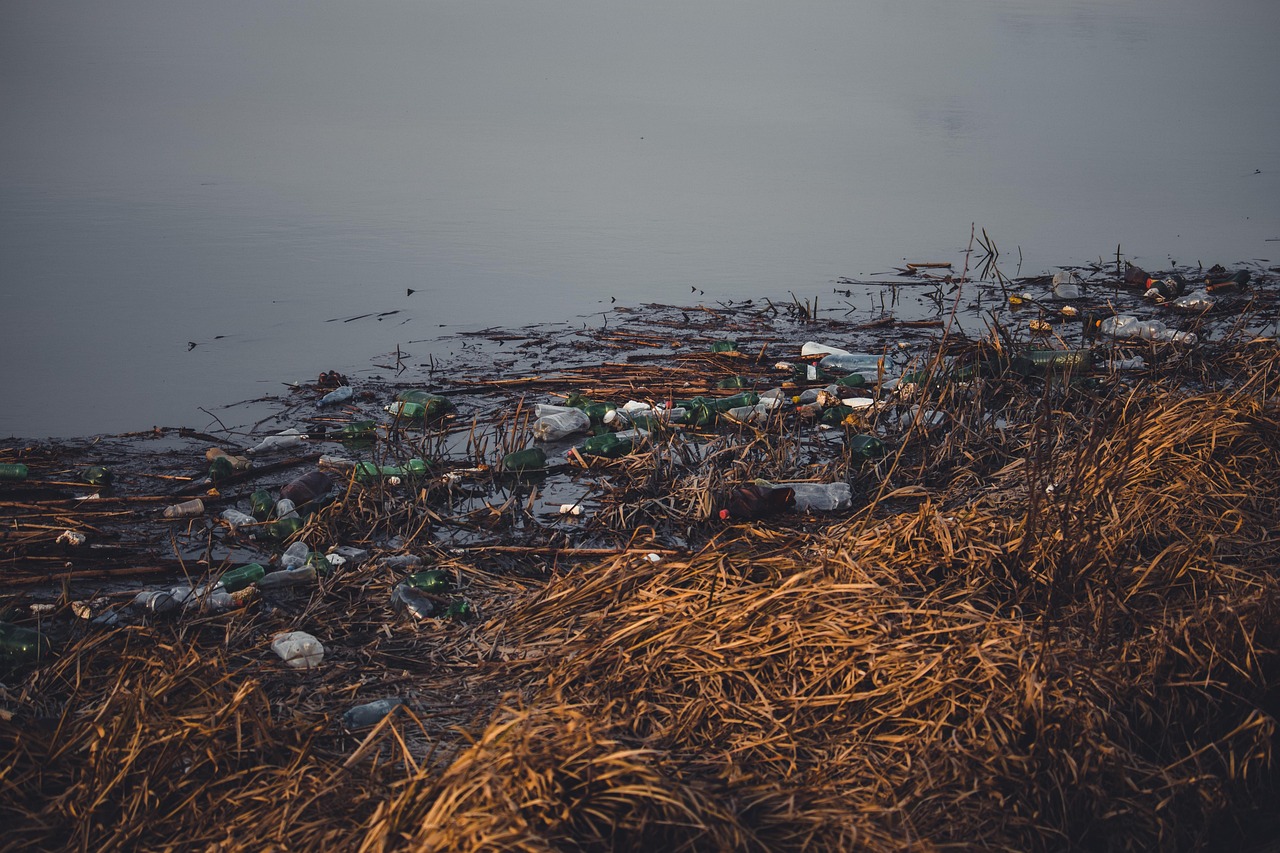Expert Reaction
These comments have been collated by the Science Media Centre to provide a variety of expert perspectives on this issue. Feel free to use these quotes in your stories. Views expressed are the personal opinions of the experts named. They do not represent the views of the SMC or any other organisation unless specifically stated.
Dr Laura Downey is a Senior Lecturer in Health Economics and Policy at the George Institute for Global Health. She is a senior investigator of a multi-country centre investigating the links between Chronic Diseases and Environment Change, including plastic pollution in Indonesia.
The collapse of these negotiations are very disappointing, though not entirely unexpected. What receives less attention that it deserves is the fact that every day, month, year that we are without this treaty in place costs countless lives. Without adequate measures to protect planetary health from the unequivocally harmful impacts of plastics and regulate the global plastics industry, we will continue to experience the degradation of our natural environment and our health. Those who are most vulnerable to these impacts are least able to protect themselves and their families, their voices marginalised from policy discourse and absent from policy priorities. We have an ethical and moral duty to continue negotiations towards putting a robust treaty in place for the global good.
Dr Nina Wootton is a Marine Researcher from The University of Adelaide, working on marine plastic pollution.
The collapse of the Geneva negotiations on a global plastics treaty is a devastating missed opportunity to tackle this crisis at its source. After nearly three years, nations have walked away without agreement, with powerful plastic-producing countries, including the US, blocking caps on virgin plastic production and bans on harmful chemicals. The science is clear: recycling alone will not solve this problem. Plastic production is projected to triple by 2060, while microplastics and associated chemicals are already found in our oceans, wildlife, and human bodies.
Vulnerable, remote communities, often with limited waste management infrastructure, will continue to bear the brunt of this pollution. Australia remains committed to ending plastic waste by 2040, but without collective ambition and action from the biggest, wealthiest nations, that goal becomes harder to reach. This was our chance for transformative change — and we let it slip away.



 Australia; International; NSW; SA
Australia; International; NSW; SA



